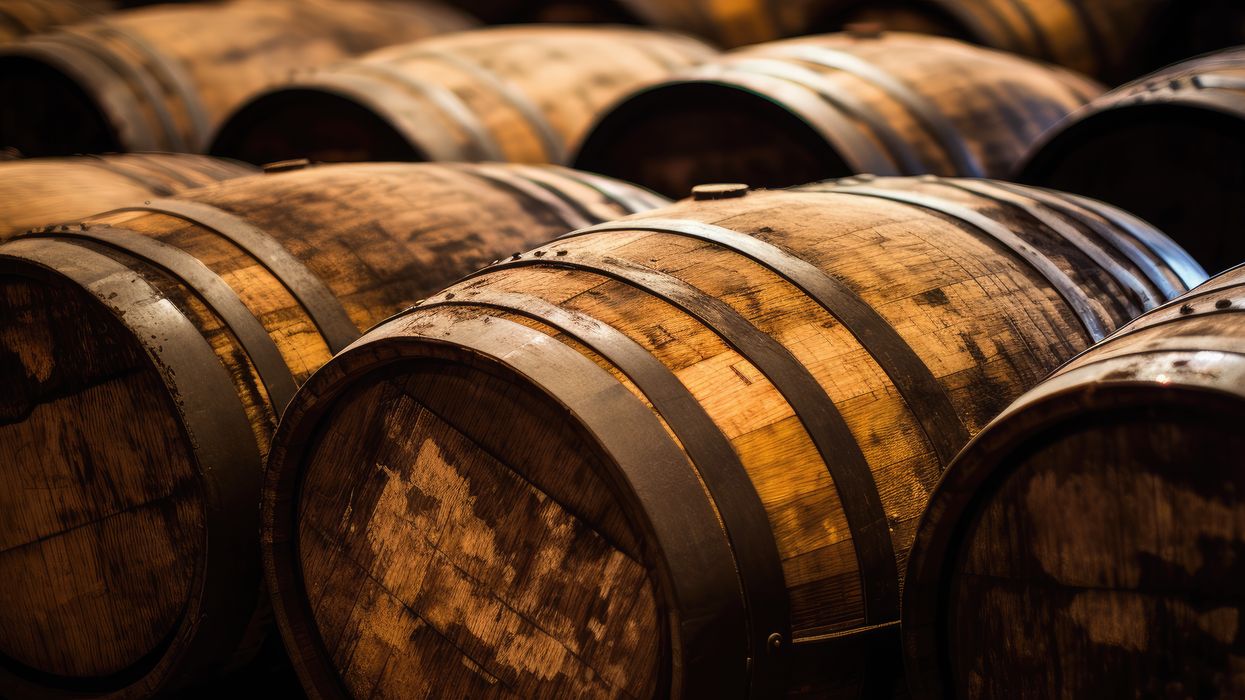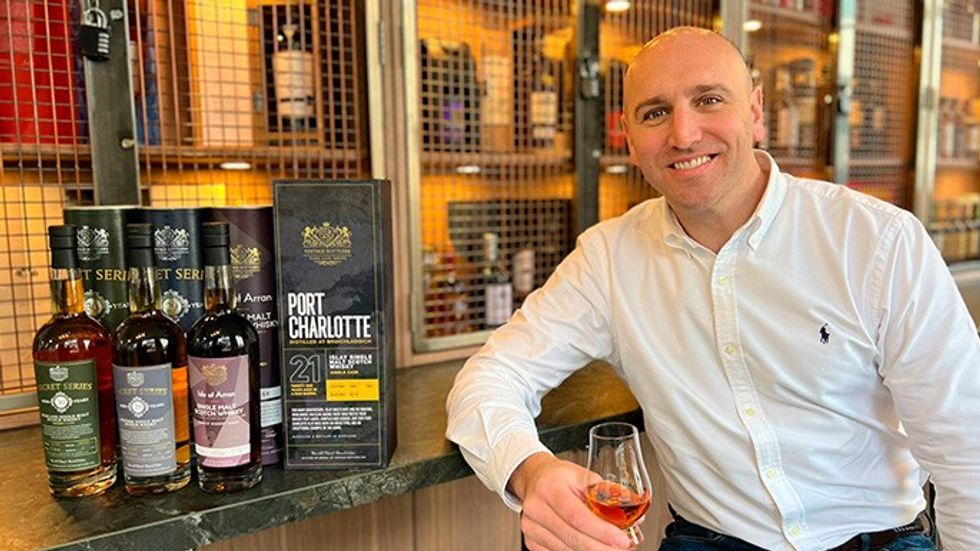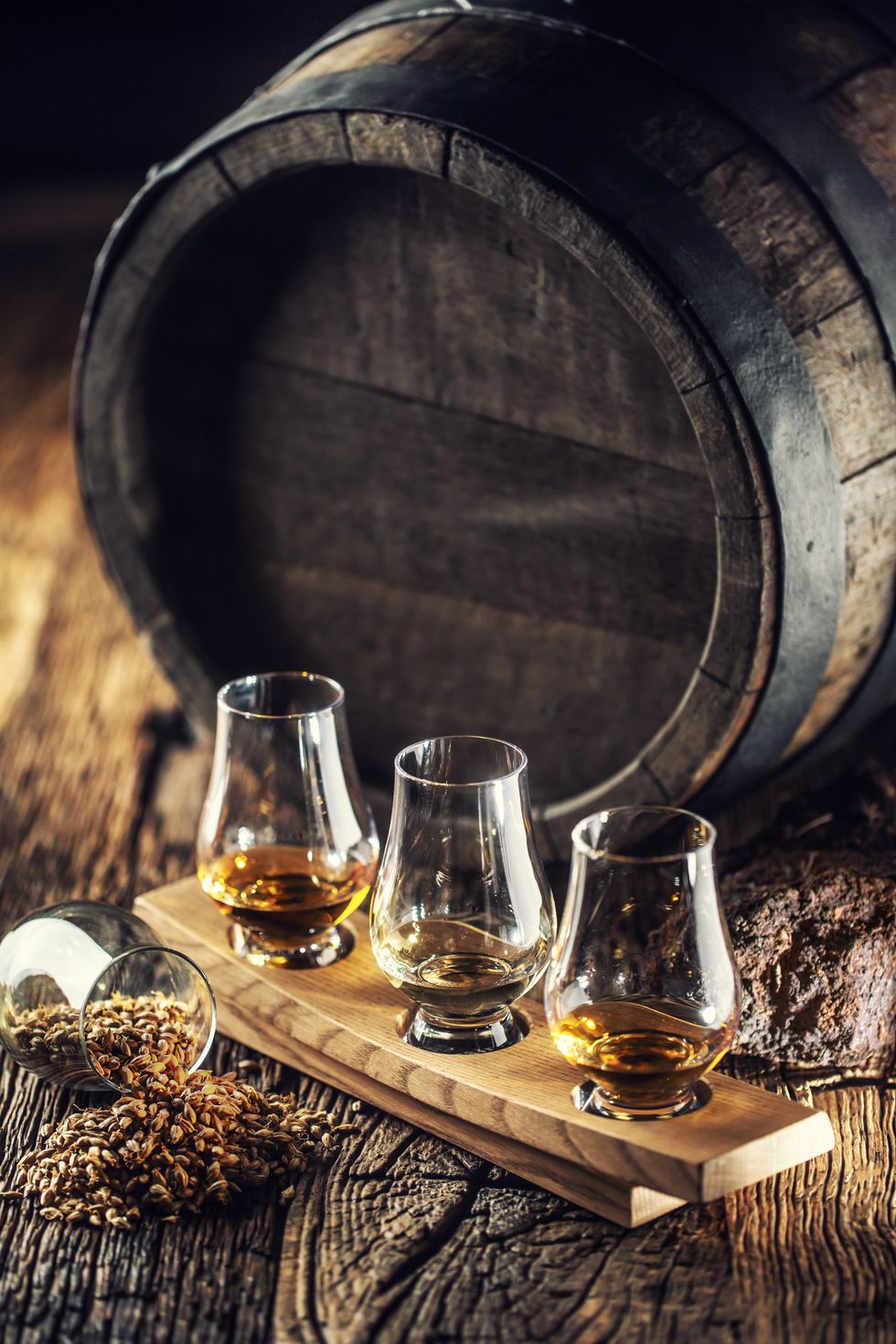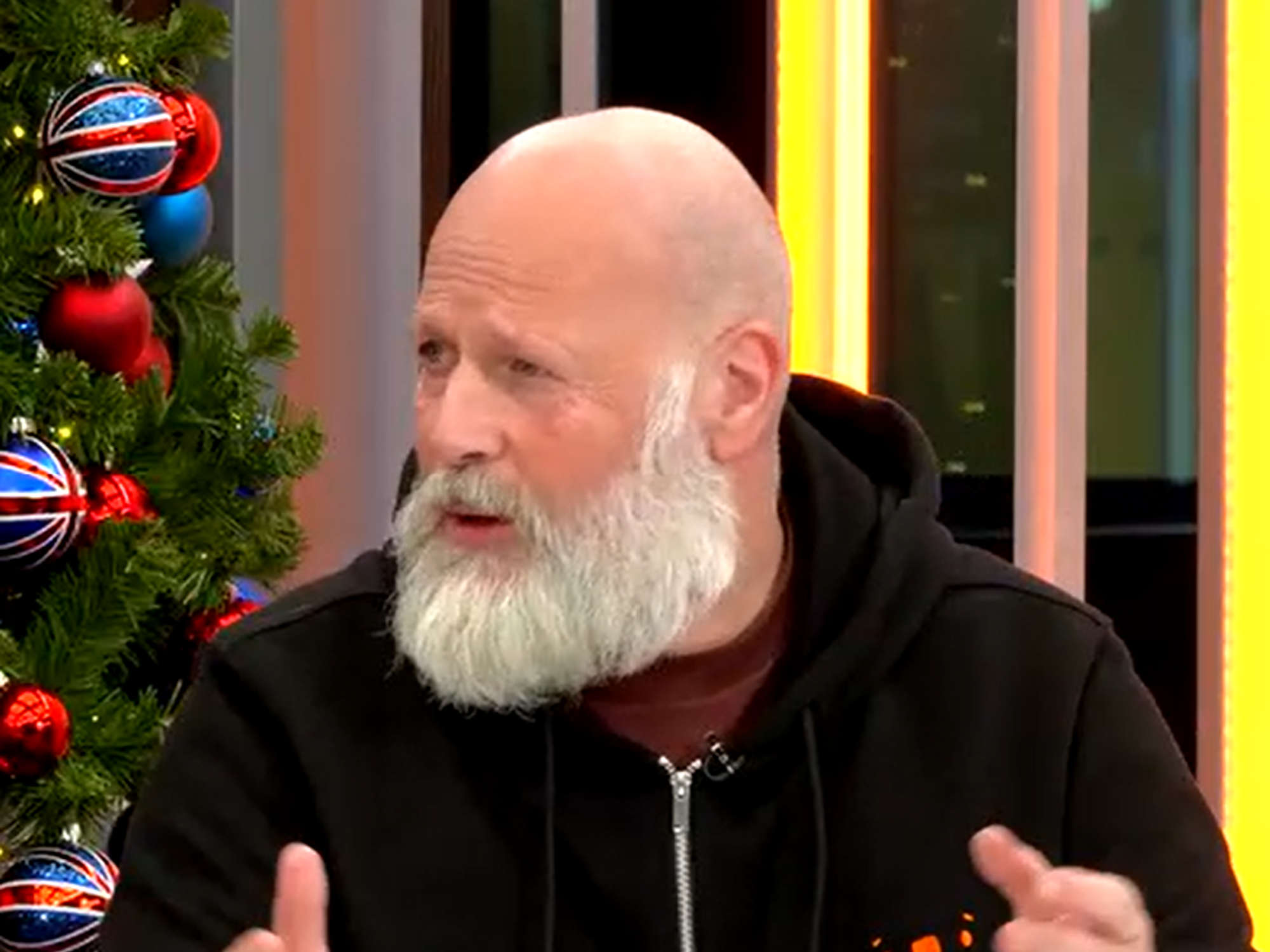Why whisky cask investments are exempt from capital gains tax as allowance set to be slashed again

Whisky cask investments are an alternative investment option
|VINTAGE ACQUISITIONS
Advertising feature – Whisky experts at Vintage Acquisitions endeavour to make the whisky cask investment market more accessible
Don't Miss
Most Read
Latest
When a person thinks of whisky, perhaps it’s traditionally been a quality glass of Scotch which springs to mind rather than a potential alternative investment.
However, investing in whisky could be a lucrative and tax-efficient market, and the whisky experts at Vintage Acquisitions are striving to give more people the opportunity to explore the non-traditional asset class.
Vintage Acquisitions’ founding director Sam Brooks said: “Years ago, whisky cask investment was really only available to people who visited certain distilleries that had whisky cask investment programmes, and there weren’t very many of them, or maybe had relatives working at the distillery or worked at the distillery themselves.”
The idea is that the longer whisky is kept in the cask, the rarer it will become. It means the process of maturing whisky requires patience - it’s seen as a longer-term investment so don’t expect returns overnight.

Vintage Acquisitions’ founding director Sam Brooks explained as whisky gently matures in the cask, the spirit absorbs more characteristics from the wood
|VINTAGE ACQUISITIONS
Mr Brooks said: “Whisky, by its pure nature, can’t help but improve, the longer it’s held in the cask.
“As it gently matures, the spirit absorbs more characteristics from the wood. It picks up around 80 per cent of its characteristics from the cask - its flavour profile, its aroma and its colour. There's an ever-increasing transfer of characteristics from the wood, the longer it matures.
“But the older the whisky gets in the cask, the rarer it becomes, and that is because 90 per cent of whisky casks get bottled between the ages of three and about 10 years old.”
Once in the bottle, the whisky won’t age any more.
“When a whisky cask reaches its tenth birthday and surpasses its tenth birthday, there are only 10 per cent of those age category casks left in the market, so not only has the whisky improved, greatly, but it has become scarcer, and that just naturally pushes the price up.
“From 10 to 15 years even more get bottled, 15-20, even more. All the time, the whisky inside the cask is improving. That’s the difference.
“It’s not like wine – wine continues to age in the bottle, the longer you hold it. Whisky stops its maturing process as soon as it’s put into glass.”
What is capital gains tax?
When a person sells (or "disposes of") an asset that has increased in value, they may be taxed on the profit.
This is known as capital gains tax. It's the gain that is taxed, rather than the money received from the sale.
A person doesn't need to pay capital gains tax if all of the gains in the tax year are below the tax-free allowance.
However, the current £6,000 tax-free allowance is set to be slashed to £3,000 from April. It was slashed from £12,300 in April 2023.
Why are cask whisky investments exempt from capital gains tax?
Keeping whisky in a cask can be a tax-efficient option. Whisky cask investments are free of capital gains tax due to them being classed as a “wasting asset”.
“Because casks are made of wood and wood is porous, it allows the whisky to breathe. There’s some natural evaporation that happens inside all casks of whisky, known as the 'angels share',” Mr Brooks said.
It’s due to this natural evaporation that HMRC sees whisky casks as an asset with a “limited lifespan”.
The whisky expert said: “It’s something which they believe has a life expectancy of 50 years or less, therefore it’s not liable for capital gains tax.”
The rules differ to whisky bottle investments, which are subject to capital gains tax, as they are categorised as something which could last longer than 50 years. If someone sells a whisky bottle for a value of more than £6,000 per item, then the investor needs to pay capital gains tax.
Investing in cask whisky with Vintage Acquisitions
Trading since 2011, Vintage Acquisitions stores casks of whisky across a number of distilleries and HMRC approved facilities.
With access to award-winning distilleries, Vintage Acquisitions (trading name of Brooks & Whitaker Limited) works with investors* to help them purchase a relatively “young” cask.
The process begins with an in-depth conversation to find out what the potential client wants to gain from the purchase.
Mr Brooks explained the team looks to truly understand: “Is it purely as an investment, and they're not interested in whisky at all? Or are they a whisky enthusiast and they want to visit the cask and they'd like to draw samples from the cask every year and see how the whisky changes through its lifecycle. Or maybe a bit of both?
“Or maybe they want to bottle it at a certain point in the future? We will really understand exactly what it is that they want to achieve.”
Once they’ve got a full grasp of the criteria and requirements, and a budget has been determined, the team will source a bespoke selection of cask opportunities from their stock list.
“We’ll explain the benefits for each option and why we think it works for them, but ultimately, it's up to them if they go with one of those options or not.”

Vintage Whisky Club members can book a range of experiences including exclusive whisky tastings
|VINTAGE ACQUISITIONS
Vintage Acquisitions has an open-door policy - clients and interested investors can drop by without an appointment and the team will be happy to discuss the market and their criteria.
Throughout the investment, clients can see their purchase and get a wealth of information via an online portal. By purchasing a cask or casks with Vintage Acquisitions, investors will also get automatic membership to the firm’s whisky events company, Vintage Whisky Club.
Members can book a range of experiences, from immersive distillery visits to exclusive whisky tastings.
Mr Brooks said: “We do all sorts of events, all with like-minded whisky investors and enthusiasts. We get together and we have a bit of fun.”
To find out more about the whisky cask market, including the purchase process and choosing the right cask(s), request a free copy of the Vintage Acquisitions “Scotch Whisky Cask Ownership” guide.
It’s important to keep in mind that investing carries risk, and money can go down as well as up.
This is a paid-for advertorial feature – Vintage Acquisitions are proud advertisers on GB News.
*You must be 18 or over to order with Vintage Acquisitions
- Whisky cask investments are unregulated in the UK
- The value of investments is variable and can go down as well as up
- Fees apply and these are outlined in our terms and conditions
- The volume of spirit will decrease over time, commonly known as ‘the Angels’ share’, see website for more details.










